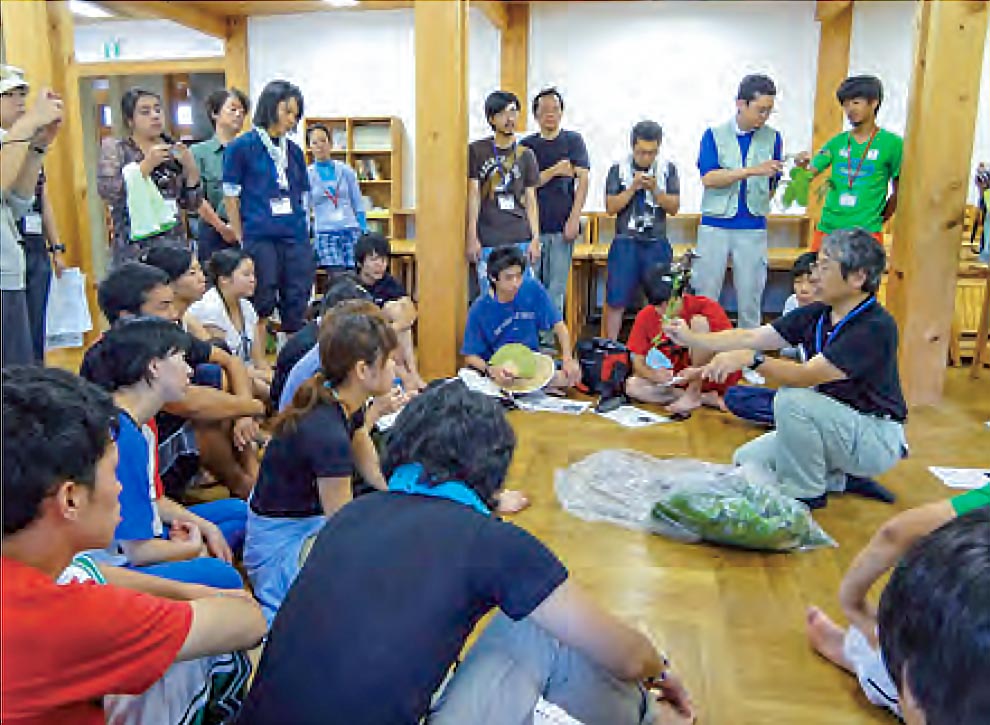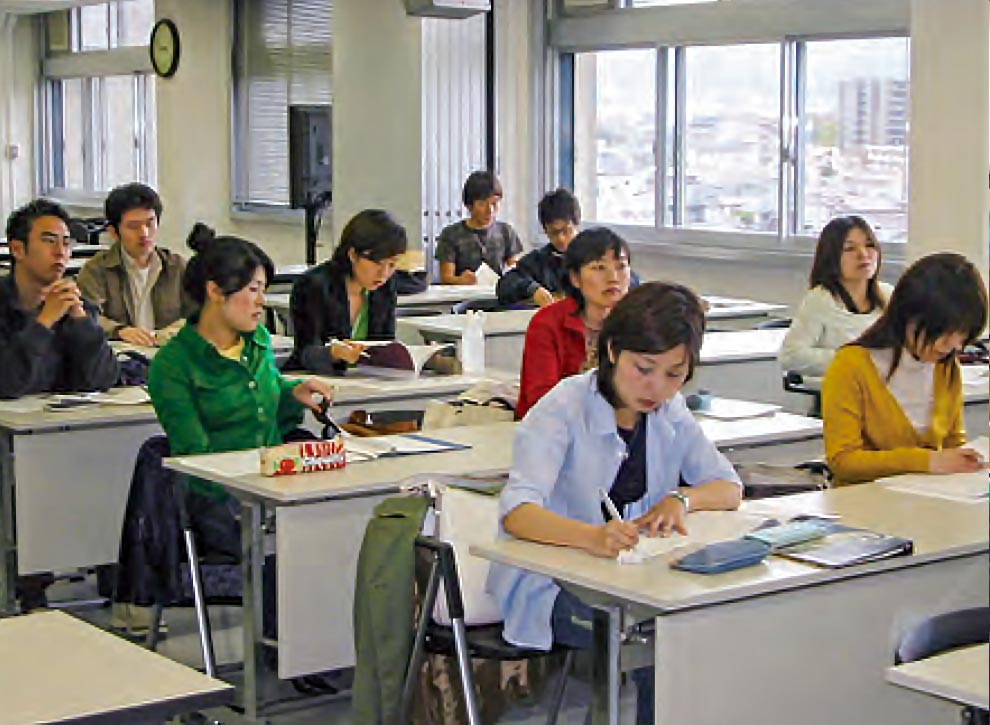Overview and Objectives
Objectives and features of the Graduate School of Global Environmental Studies
Many serious global environmental problems are posing challenges for humanity in the 21st century. Abundance and convenience are desired by those people living in developed countries but mass production, mass consumption and mass waste have resulted in climate change, ozone layer depletion, water pollution, ground water and soil contamination, and waste-related problems. Since developing countries with rapid population growth are following the same path as developed countries, this will impose new stresses on the planet. The exploitative systems of primary industries such as agriculture, fisheries and mining undermine the growth of developing countries that primarily depend on these industries, and the least-developed countries still must eradicate poverty in order to provide a basic standard of living for their people. Yet there has also been progress, with some countries seeking to achieve sustainable and equitable development in line with the development goals conceived by the United Nations, and many OECD countries, including Japan, now strongly supporting conservation and the recycling of resources.
Global environmental problems include many complex issues on every scale, from global to local. We must tackle these problems in two ways — first, by applying research and academic skills in order to gain a greater understanding of the problems involved, and second, by seeking to solve these problems. The first approach requires the training of highly skilled researchers who can apply scientific principles and an appreciation of complexity to the study of global environmental studies. The second requires the training of high-level practitioners who can address problems by implementing sustainable and practical approaches.
Fostering top-notch researchers and practitioners requires innovative educational and research programs focusing on the global environment and drawing on a wide range of disciplines. By incorporating teaching derived from many disciplines in the natural and social sciences, the evolving and innovative field of global environmental studies can offer academic study combined with practical experience in various domestic and overseas organizations.
The Graduate School of Global Environmental Studies is organized flexibly so as to meet the varied needs of both research and education. Some of its unique organizational features are shown on the following pages.
Features
Educational, research and support organizations
Global environmental studies are at an early stage of formation. Research activity needs dynamic development with strategic views combining foresight and flexible interdisciplinary integration. Educational programs require sound, systematic teaching of a broad spectrum of global environmental topics with a view to social relevance and profundity. Research and educational activities, therefore, require different conditions. In order to meet these conditions, the Graduate School includes a research body, the Hall of Global Environmental Research, and an educational body, the School of Global Environmental Studies. Further, a supporting organization for education and research, the Grove of Universal Learning, provides wider perspectives to both researchers and students with different disciplinary backgrounds so that they can develop their research and talents cooperatively.
Collaboration with other graduate schools, institutes and research centers of Kyoto University and other organizations
The Graduate School of Global Environmental Studies collaborates with many other graduate schools, institutes and research centers of Kyoto University to conduct interdisciplinary study and education that link other academic fields with global environmental studies. In order to facilitate such support, the Graduate School has invited professors from other faculties of the university as collaborating professors. They not only teach and conduct research at their home institutions, but also, at the request of students of the Graduate School, they provide lectures and guide research and thesis-writing for master’s and doctoral degrees. The Graduate School also invites visiting professors and lecturers from institutions within Japan and abroad to speak on current topics. The educational programs emphasize formal instruction as well as collaboration with domestic and international NPOs and NGOs to give students opportunities for internship study and field experience in various sectors.
Carrying out university-wide research projects
In order to open up new areas of research in global environmental studies that are substantially different from those of the traditional sciences, it is necessary for professors of the Graduate School to promote university-wide research projects with the intensive collaboration of researchers from different areas. The Graduate School promotes and actively participates in these research projects.

